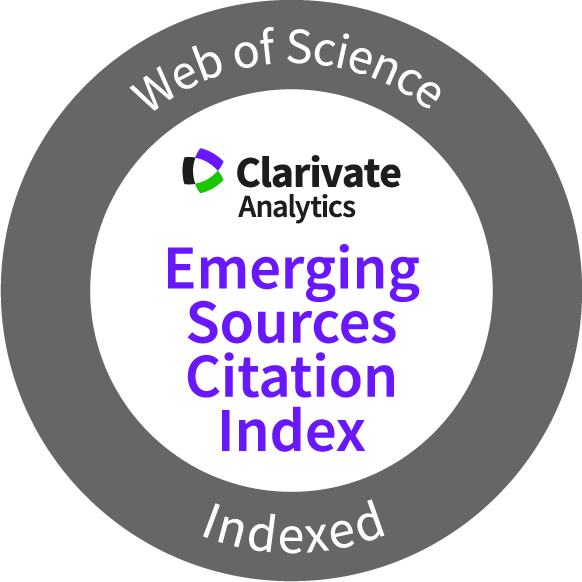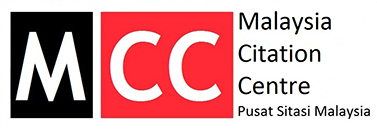WATER SOLUBLE HYDROCOLLOID FROM BASIL SEED (Ocimum basilicum L.) MUCILAGE
Keywords:
Basil seed, hydrocolloid, mucilage, water extractionAbstract
Basil seed (Ocimum basilicum L.) mucilage is categorised as a plant-based product that can be used as an alternative source of food hydrocolloid. The gel needs to be extracted before being applied to food products. This study was focused on the effect of temperatures and agitation speeds on the yield and functional properties of the mucilage. Basil seed mucilage was extracted using water soluble extraction method by using selected temperatures (30 and 50°C) and agitation speeds (50 and 100 ppm) for 20 min. Significantly (p<0.05), higher extraction yield (sample F) was found at 50°C and 100 rpm compared to other extraction parameters. However, the extraction method did not affect the proximate composition of the extracted gel. Sample F has the highest (p<0.05) water holding capacity compared to control. In addition, the viscosity of the gels was not significantly (p>0.05) affected by heat. This finding highlight the extracted basil mucilage is a good alternative source of natural hydrocolloid as a thickening and gelling agent which are resistant to high-temperature conditions of the food products.
Downloads
Metrics
Published
How to Cite
Issue
Section
Any reproduction of figures, tables and illustrations must obtain written permission from the Chief Editor (wicki@ukm.edu.my). No part of the journal may be reproduced without the editor’s permission

















